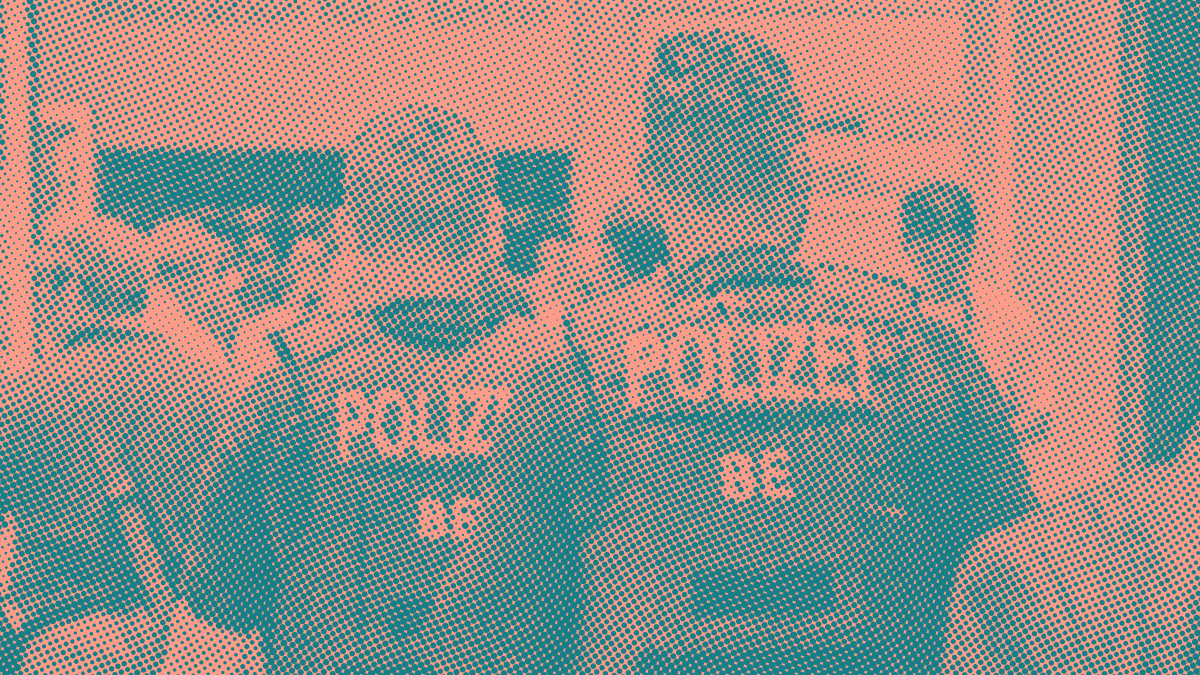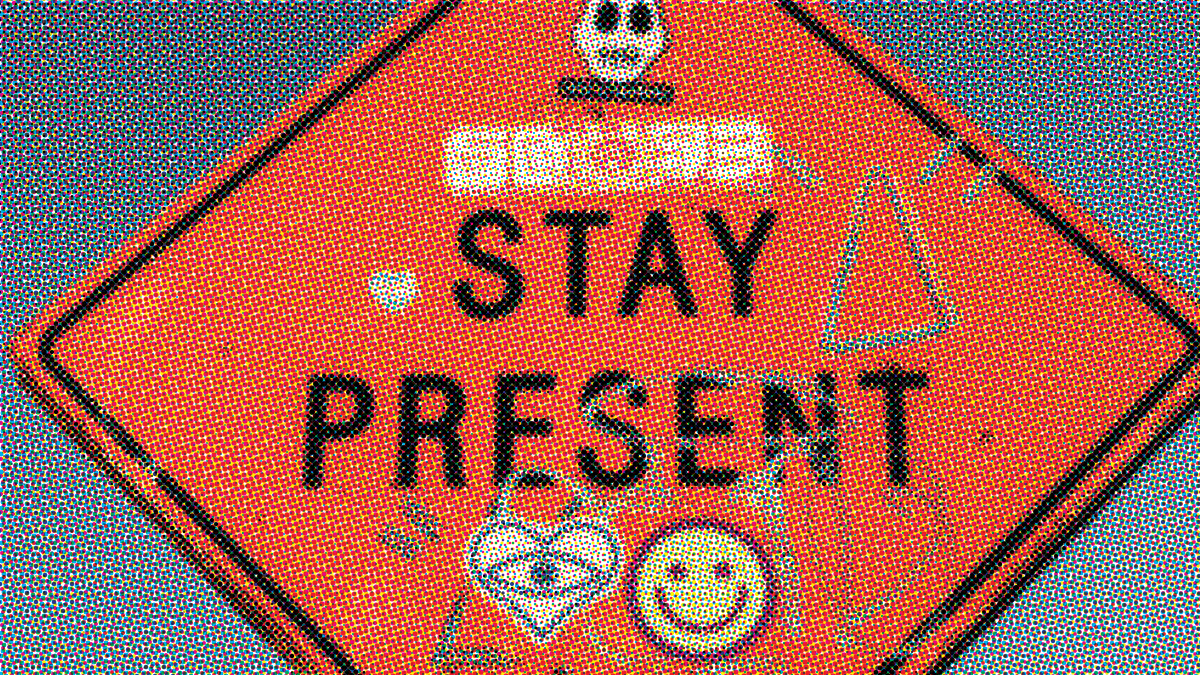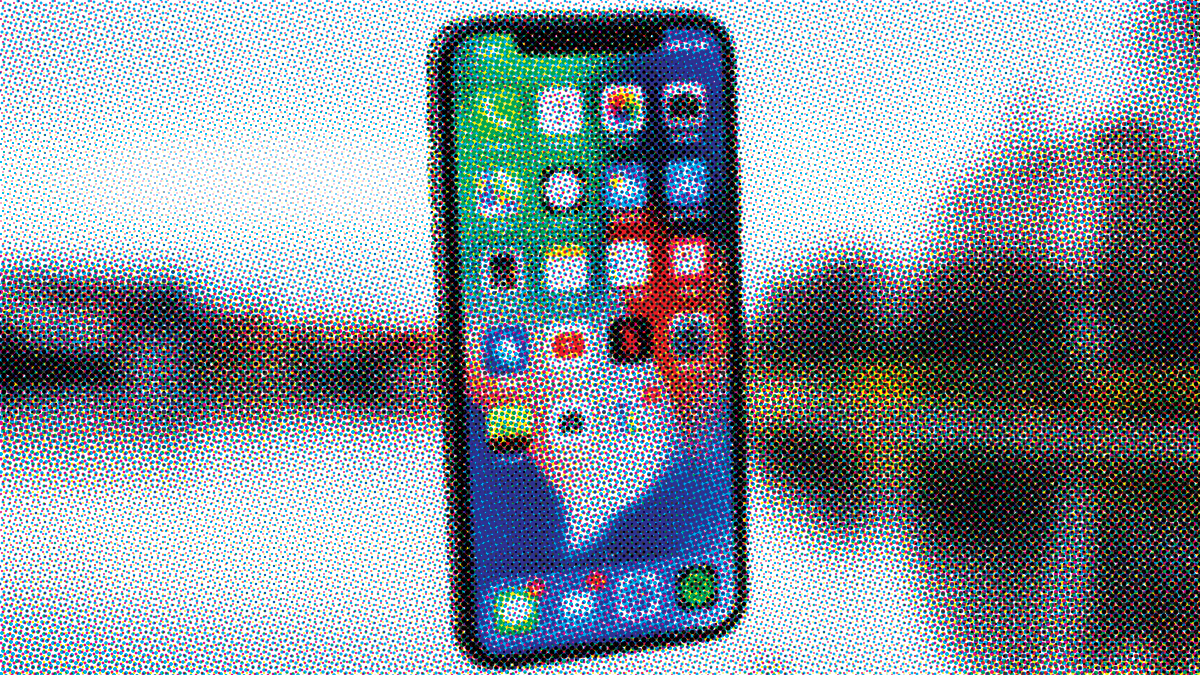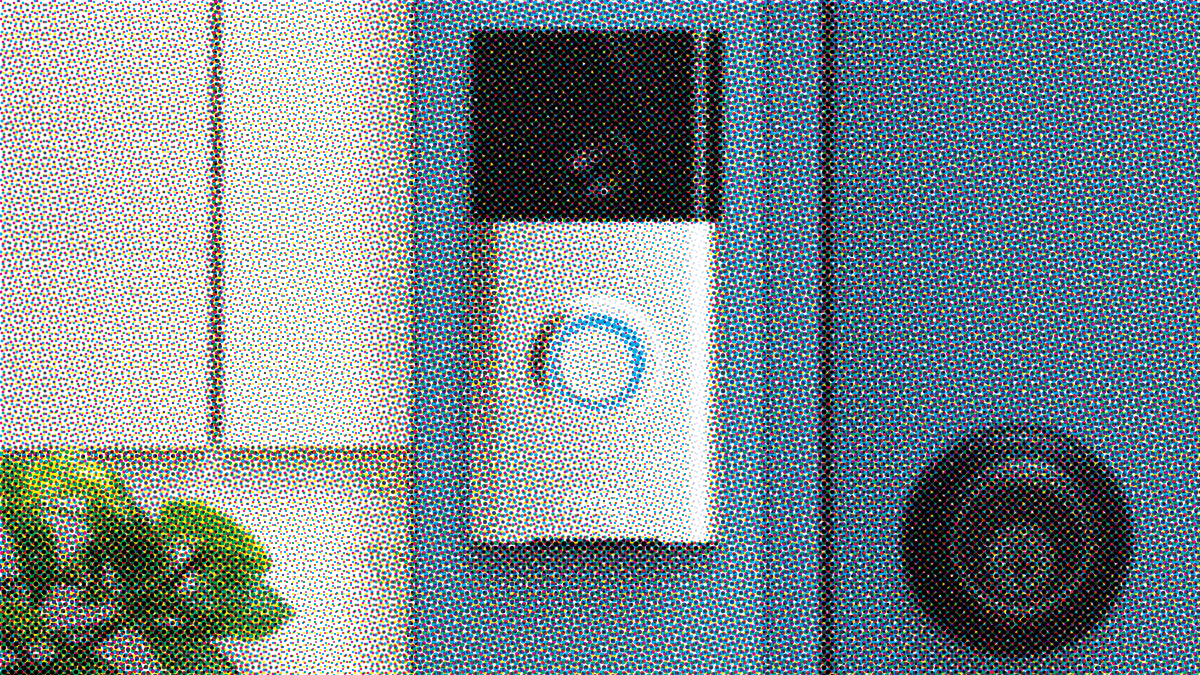The German police can now hack into computers and phones, without the target having to have committed a crime. Even though a Berlin court has just ruled evidence from similar hacks originating outside of Germany to be inadmissible in criminal proceedings in the country.
Police raids across Europe to fight hate speech sound like a good idea. But what does 'hate speech' actually mean? And does fighting it actually help? Or will it endanger your freedom of speech and maybe even your privacy?
Current research suggests that my initial hunch was correct: Measuring distances between phones via Bluetooth signals doesn't work well. If at all.
The story of how police cracked the encryption of the EncroChat phone is not only important to criminals who used these devices, but also an interesting case study of how such systems are attacked in practice.
German police has started using coronavirus tracing lists from restaurants for criminal investigations. A look at the limits of the GDPR and other data protection regulations in the face of what everyone alleges is an overriding health crisis.
A plea to forgo thinking in categories such as ethnicity or skin colour. We can only reach a just civil society by understanding that we are all in this together. There is no privacy without humanity.
A look at the Ring video doorbell, which started as a great idea to protect your home from burglars and which turned, with a little bit of help from Silicon Valley investors and your local police department, into one of the biggest surveillance nightmares of modern day urban life.
Sent to prison for a crime you didn't commit because the police got location data from Google – this isn't the plot of a novel or a hypothetical scenario. It's happened, multiple times, in the US already.







